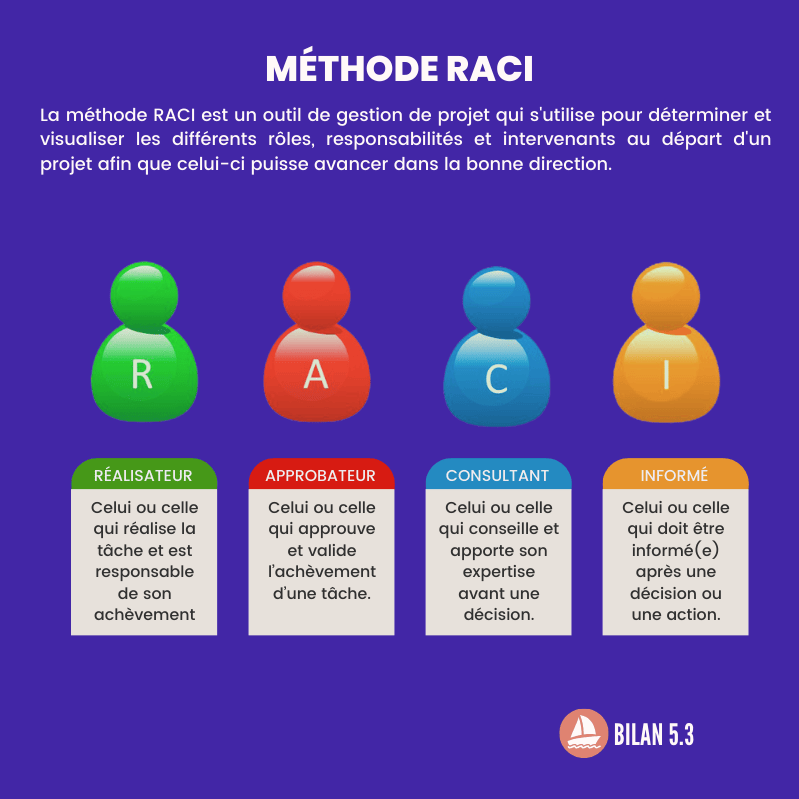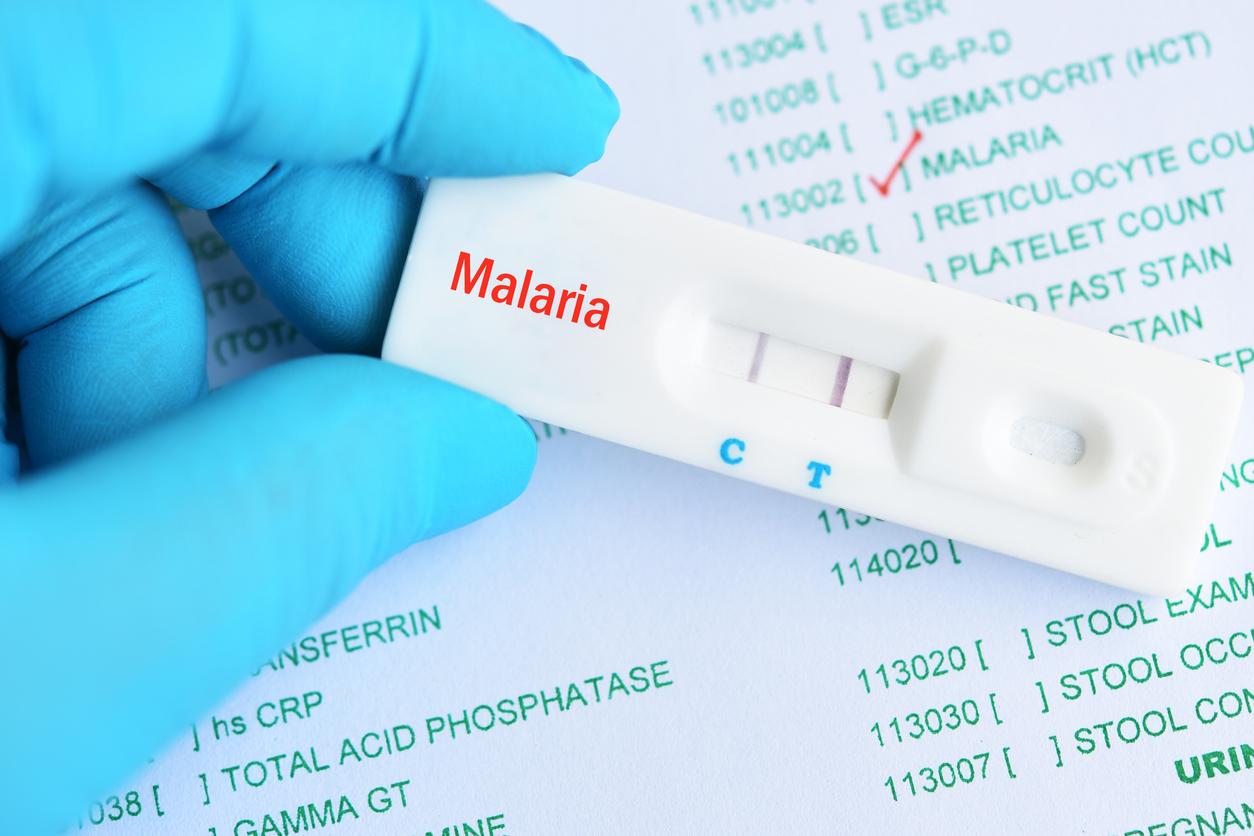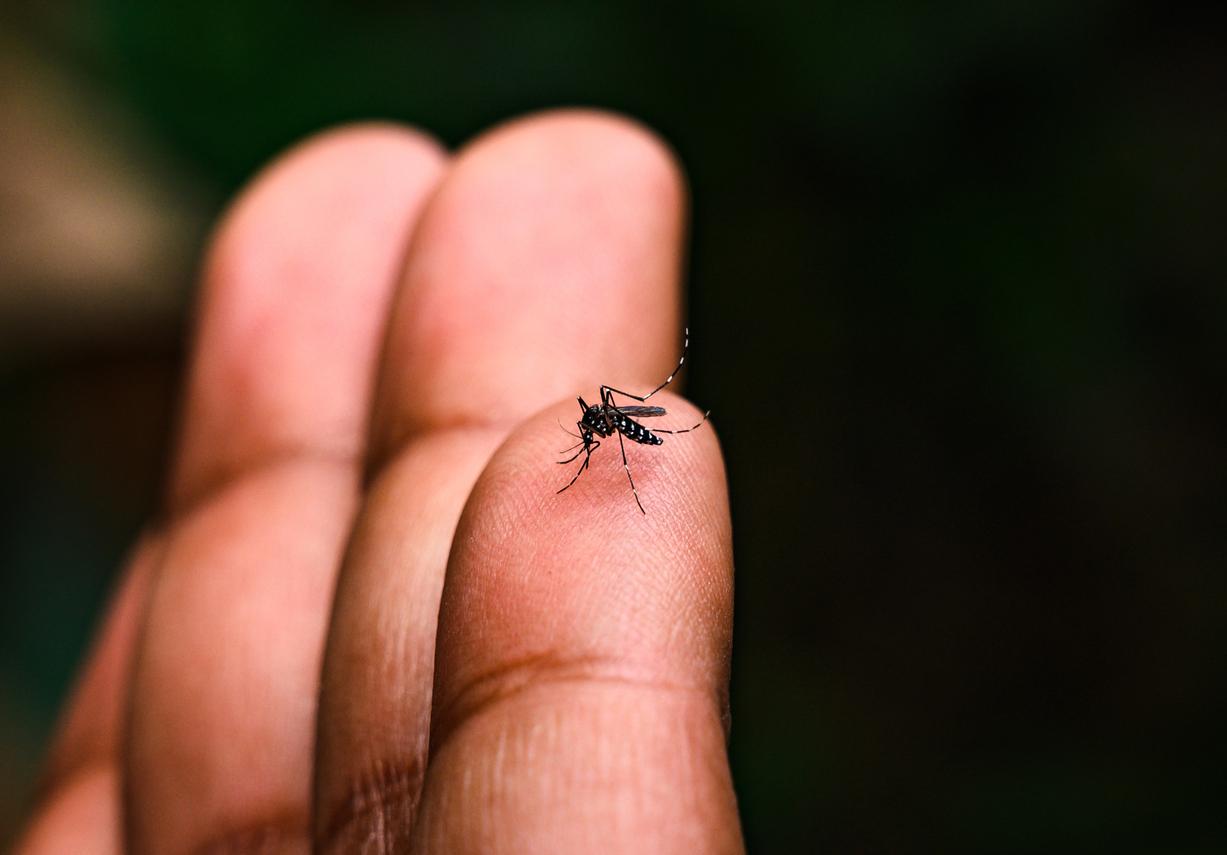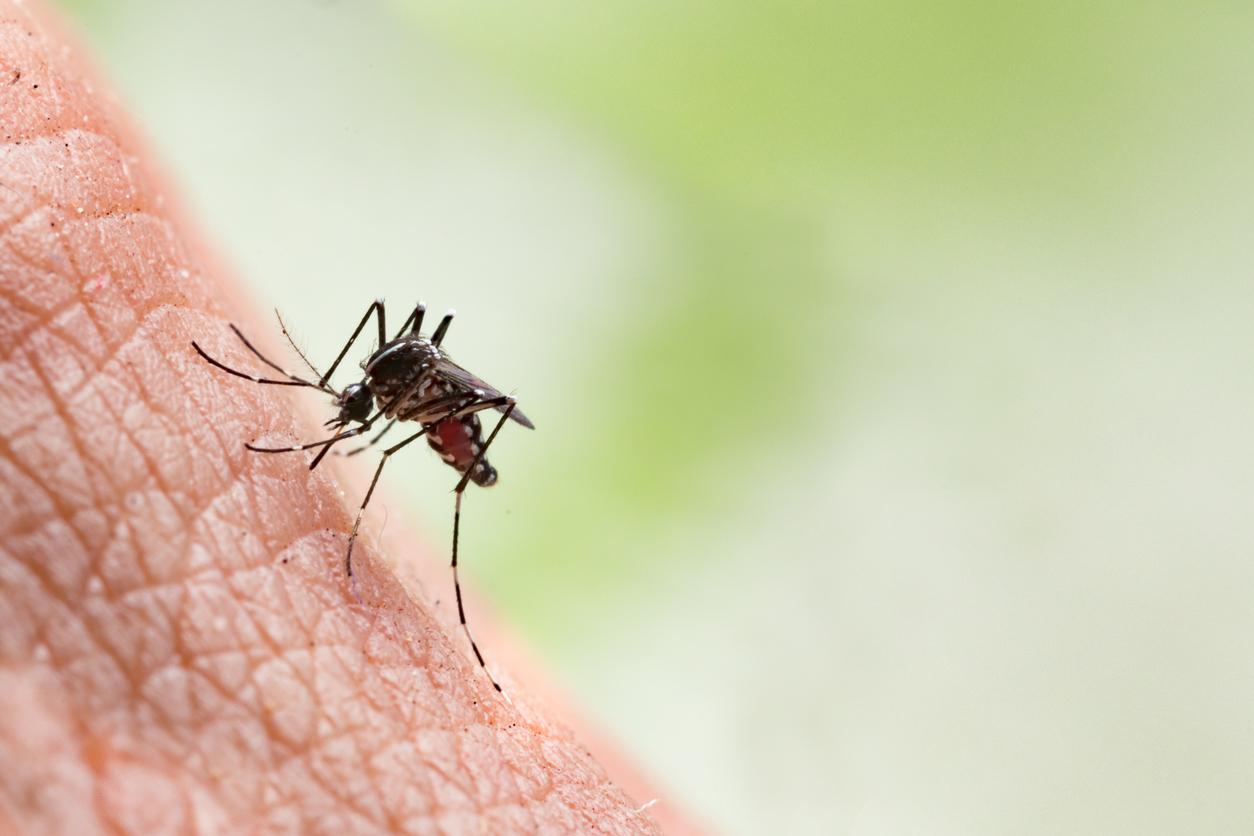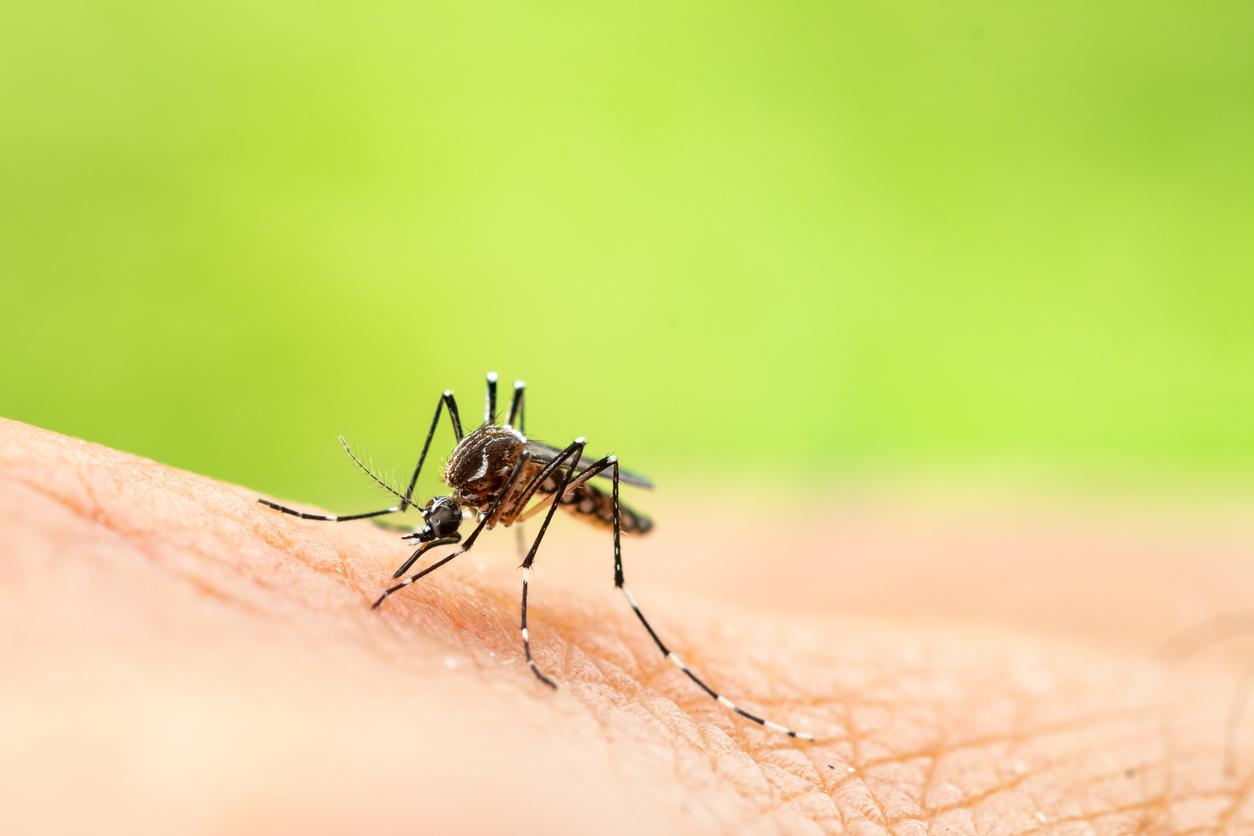Researchers at the University of South Florida have developed artificial intelligence (AI) that can monitor malaria-infected mosquitoes.
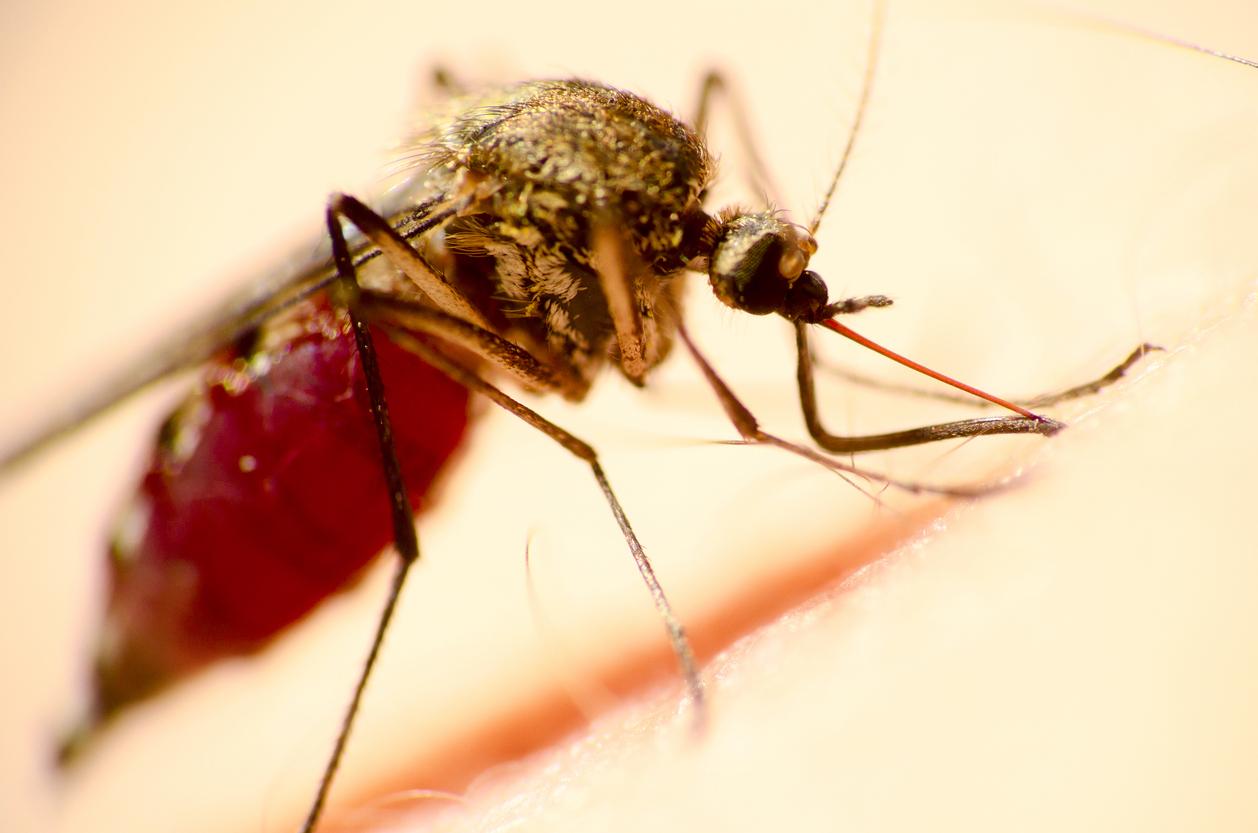
- The Mosquitodashboard.org website allows you to see the presence of mosquitoes around the world in real time.
- An AI has been developed to identify Anopheles stephensi mosquitoes, vectors of malaria, in photos.
- A research centre on the disease has also been opened in Africa.
249 million people contracted malaria after a mosquito bite and 608,000 died from it in 2022, according to the World Health Organization (WHO). 95% of deaths from the disease occurred in Africa.
Researchers at the University of South Florida have developed an artificial intelligence (AI) that can monitor mosquitoes to combat malaria in Africa. They plan to collaborate with an interdisciplinary team to improve their AI and target insects infected with the virus that causes the disease in real time.
Artificial intelligence that analyzes photos of mosquitoes
Researchers Ryan Carney and Sriram Chellappan have created a site that tracks mosquitoes, called Mosquitodashboard.orgIt is a real-time portal that integrates hundreds of thousands of mosquito observations from various platforms, but also photos that people upload from their smartphones.
AI algorithms are able to identify Anopheles stephensi mosquitoes, a major vector of malaria in urban areas, in photos. “We are the only team we know of in the world that can successfully enable anatomy-based classification from a single photo to identify mosquitoes.”adds Sriram Chellappan in a communicated. “Our algorithm automatically identifies the head, thorax, abdomen, wings and legs from a mosquito image, then uses specific anatomical components to identify the type of mosquito – for example, the wing of Anopheles stephensi.”
At the same time, the researchers will test a smart mosquito trap designed to attract, capture and monitor these insects. “The aim is to deploy several prototypes of the patent-pending smart trap across Central and West Africa during this project to specifically trap and automate the instant identification of Anopheles stephensi.”the team explains in a press release.

Malaria: a new research center in Africa
The project, in which scientists from the University of South Florida are participating, also plans to open an International Center of Excellence for Malaria Research in Central and West Africa. Called EMERGENTS (Enhancing Malaria Epidemiology Research through Genomics and Translational Systems), its goal is to advance malaria control strategies by using data like the platform and training African scientists to use it. It should also help refine the two researchers’ algorithms and add additional species to the automated identification.
Sriram Chellappan said he hopes that improving his technology throughout the 5-year project will help bring smart mosquito traps to citizens at an affordable price to optimize mosquito monitoring and control across the world.



